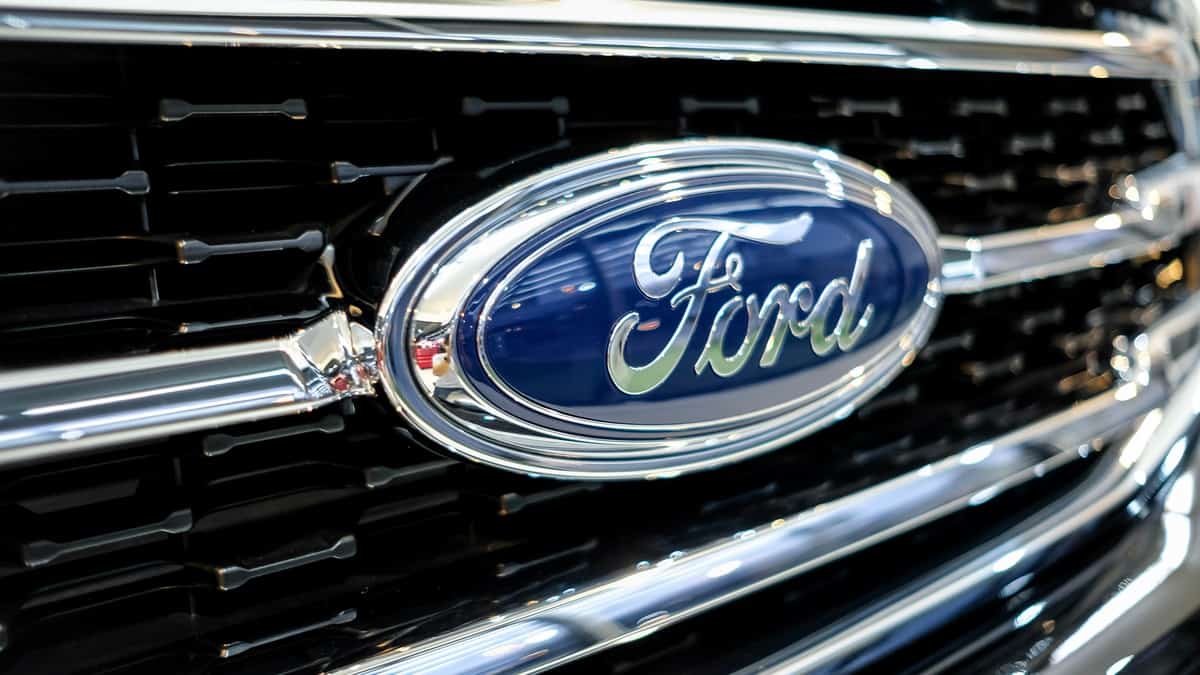American legacy automaker Ford had long been the top 2 in the US electric vehicle industry. However, General Motors managed to kick Ford to the third spot in Q1 2023.
In response, Ford is now taking a momentous stride towards an all-electric future as it bids farewell to its immensely popular internal combustion engine-powered Fiesta model. This strategic decision allows the company to allocate crucial space at its Cologne production plant in Germany to produce the highly-anticipated electric Explorer SUV.
Apart from that, Ford will also cut at least 1,000 permanent and contractual jobs in North America to give way for its global electrification efforts.
Accelerated transition and end of an era
Ford’s decision to eliminate the iconic Fiesta from its product portfolio sooner than initially announced is part of its strategy to accelerate its transition to electric vehicles.
After a remarkable run spanning 47 years and eight generations, the final Fiesta model will roll off the company’s production line on July 7, 2023.
Notably, Ford’s pledge to be an all-electric brand in Europe by 2030 drives these strategic changes. As part of this strategy, the company will launch nine EV models to the market by 2024, including the Puma EV, E-Transit Courier, and E-Tourneo Courier in Romania.
In retrospect, the American brand also formed a partnership with Germany’s Volkswagen in 2020 to accelerate its EV production in the region. This partnership leveraged VW’s MEB platform to launch Ford-branded electric vehicles.
Now, Ford anticipates the partnership to aid it in doubling its production volume target to 1.2 million units by 2030.
Electric Explorer SUV poised to become the inaugural model to roll off in the revamped Cologne plant
Ford has invested a substantial $2 billion to convert its Cologne plant into the “Cologne Electric Vehicle Center,” which achieved carbon neutrality on June 12.
The company specifically designed this state-of-the-art production facility for manufacturing its next-generation EVs for the European market, with the electric Explorer being the first model to undergo production there.
The fully electric Explorer SUV, introduced in Europe in March, seamlessly integrates American design aesthetics with exceptional German engineering. With an expected starting price of under $50,000 (€45,000), this stylish mid-size crossover can comfortably accommodate five passengers, presenting a compelling option for environmentally-conscious consumers.
As mentioned, the discontinuation of the Fiesta model is part of Ford’s broader strategy to phase out internal combustion engine (ICE) vehicles. Other models, including the S-Max and Galaxy minivans, have also been phased out to make way for the company’s next-gen EVs.
Ford set an initial target of selling 600,000 electric cars annually by 2026 as it moves towards becoming an all-electric brand in Europe by 2030.
See Also:
- Ford reopens its Cologne EV center in Germany
- Ford Capri to relaunch as an MEB-based EV
- Ford to unveil its new EV model that will use a VW-developed platform on March 21
- Department Of Homeland Security to use Ford Mustang Mach-E
- Ford plans layoffs to focus on electrification, incites unions in Europe
Ford’s bold steps in transitioning to electric vehicles reflect the company’s commitment to sustainability and align with the growing demand for EVs in the European market.
By ceasing production of the Fiesta and focusing on the electric Explorer SUV, Ford is positioning itself as a key player in the electric mobility revolution. This strategic move may propel the automaker to report an impressive sales record, which can reclaim its previous second-top spot from GM. However, Ford may still be far from beating the EV giant Tesla in the US market.

